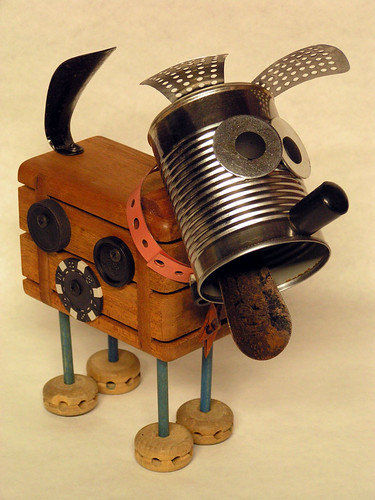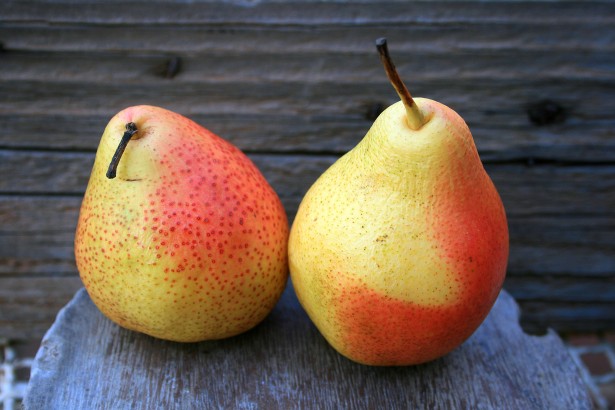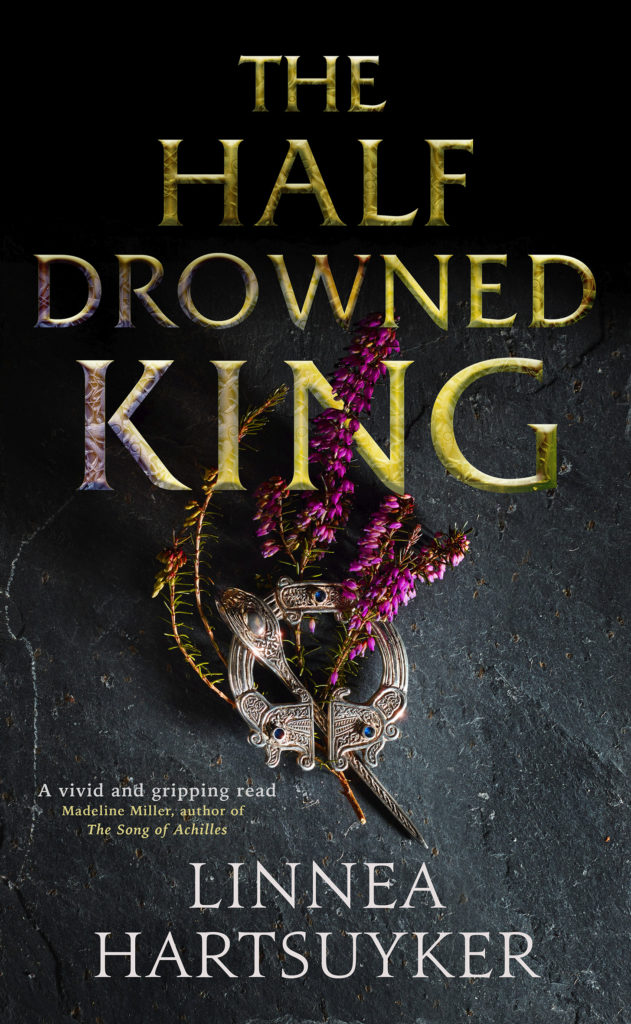
An Approach to Research
I love research. I research so I can write, but I also write so I have an excuse to do research, and to focus my research. I think all novels need some research, but some do need more than others, and historical fiction needs a lot.
When writing historical fiction, it’s important for me to feel very comfortable in the period I’m writing about, to be able to visit it in my mind at will. I do think my lifelong obsession with earlier historical eras is helpful here–when I was in elementary school I was obsessed with the Little House books and tried to live as much like Laura Ingalls Wilder as possible. Hopefully if you are interested in writing historical fiction you also spend a lot of time imagining what it would be like to live in a different era. It’s helpful practice, and it makes the research process that much more enjoyable. One of the amazing things about visiting Notre Dame in Paris for the first time was not just seeing it, but imagining a medieval French peasant seeing it for the first time, going from a rough one room house that they probably shared with their livestock to seeing a church that is still impressive to modern eyes.
Still, imagination can only take us so far. So, while I was writing The Half-Drowned King, I was also always reading a book about Viking Age Scandinavia, or Dark Ages Archaeology, or an Icelandic Saga, or something that would let me understand more about the era. While I want to get details right, I also want to get the feel of the era right, and this research helps me get my head into the era when I’m writing about it.
The nice thing about writing historical fiction instead of a history book is that I’m interested in what is plausible, not what is provable. I want to get as much right as possible, but I do not expect an academic specialist in my time period to be fully satisfied. If they have spent their lifetime studying it, they certainly know more about it than I will even from years of research. And even if it were possible for me to know as much as they do, they have spent so long thinking about it, they probably have a very clear idea of how they picture the era and the people in it–which may be no more or less correct than mine, but is solid enough that whatever I write has a good chance of ringing false.
Where to Begin
A reader asked me on twitter about how I research. He is specifically researching early christian communities. Since that’s an era I find fascinating, although I don’t have any plans to write a novel set then, I’ll use it as an example. If it were me, starting from scratch, I would literally begin by Googling “Early Christianity”.
In the first five links, I find:
- A Wikipedia article about Early Christianity: https://en.wikipedia.org/wiki/Early_Christianity
- A Wikipedia article about the History of Early Christianity: https://en.wikipedia.org/wiki/History_of_early_Christianity (why two? I don’t know)
- A PBS page about the diversity of Early Christianity: https://www.pbs.org/wgbh/pages/frontline/shows/religion/first/diversity.html
I would read the Wikipedia pages and follow all of the citations.
The PBS page has various professors listed–I would look for other books written by those professors. At this stage I would only be trying to get more context, to develop a familiarity with the era.
How to Broaden the Research
If you’re coming to research with a specific novel idea that opens up more ideas for research, particulars about the characters and problems you are tackling. In general, for learning about a place and an era, I would try to make sure I covered:
- Daily life in the era
- Life for women (hopefully but not always covered in daily life sources)
- Are there any primary sources, i.e. sources written at the actual time and place? These are so important for understanding people’s way of thinking
- The time’s social mores, laws, religions, politics, and conflicts
- Local factions. Early Christianity had many splinter groups, and Judaism, paganism, and various other religions competed with it. Not only that, but almost no place is entirely homogeneous–what different ethnicities, nationalities, classes, etc. are present in my time and place?
- What is the history of my time and place? Every era is informed by what came before it, so understanding the backgrounds of newly minted Christians would be helpful
I find these resources by reading books and following citations. It’s incredibly helpful to have access to a good library. In New York City, I have both the New York Public Library system and I pay to have access to NYU’s library. I definitely recommend looking into ways to access university collections. So many books are digitized these days you can even use a university’s collection if you’re not local.
Researching and the Writing Process
There is writing advice out there that says, “Do as little research as you can get away with”. And I agree with that, but with the emphasis on “as you can get away with”–the main point being, don’t let research get in the way of writing, and don’t use research as a procrastination tool, but don’t get big things wrong, and try not to get little things wrong either. (Ask me if I’m still bitter about the Viking novel I read that had characters consuming maple syrup and tea. Spoiler: I am.) I like to begin writing as soon as I can, and continue researching while I write. As I’m writing, if I run into something minor that I’d like to research, I leave a note to myself in the draft and come back to it later. Things that I can research later if I need something specific:
- What flora and fauna is present in my era
- What foods are available
- Very specific dates
- Place names, historical figure names
I do like to get those things right, but I don’t always need to get them right in the moment of writing my rough draft.
A Note on Notes
I record all of the books I read because I like to be able to cite them in articles and in my Author’s Note, but I don’t take very detailed notes. I read the books I want to read, and jot down things that might help with plotting, characterization, setting–anything that sparks an idea for my novel–but mostly I read to create the milieu in my mind so it is ready and there without too much conscious thought while I’m writing. I know a lot of writers don’t work that way, but that’s what works for me.
I keep notes from books in Evernote, and make lists of things I want to research in the future. I have an idea for a novel or trilogy set in medieval England, and I have long lists of individuals, social movements, religious movements, wars, and literature that I need to research for it. At the beginning of this process, every bit of research leads to more.
Next week I will talk about research through means other than reading.
Please let me know if you have questions!

 I’ve been listening to
I’ve been listening to  When I solicited blog post ideas on Facebook, my mom asked me “Are there days that you just don’t feel like writing? What do you do then?”
When I solicited blog post ideas on Facebook, my mom asked me “Are there days that you just don’t feel like writing? What do you do then?”



 Sorry it’s been a while since I’ve done a blog update. I’ve been working on edits to The Sea Queen from my editor at HarperCollins–all done now! I’ve also written some essays that my publicist and I are trying to get placed in various publications to promote The Half-Drowned King.
Sorry it’s been a while since I’ve done a blog update. I’ve been working on edits to The Sea Queen from my editor at HarperCollins–all done now! I’ve also written some essays that my publicist and I are trying to get placed in various publications to promote The Half-Drowned King.